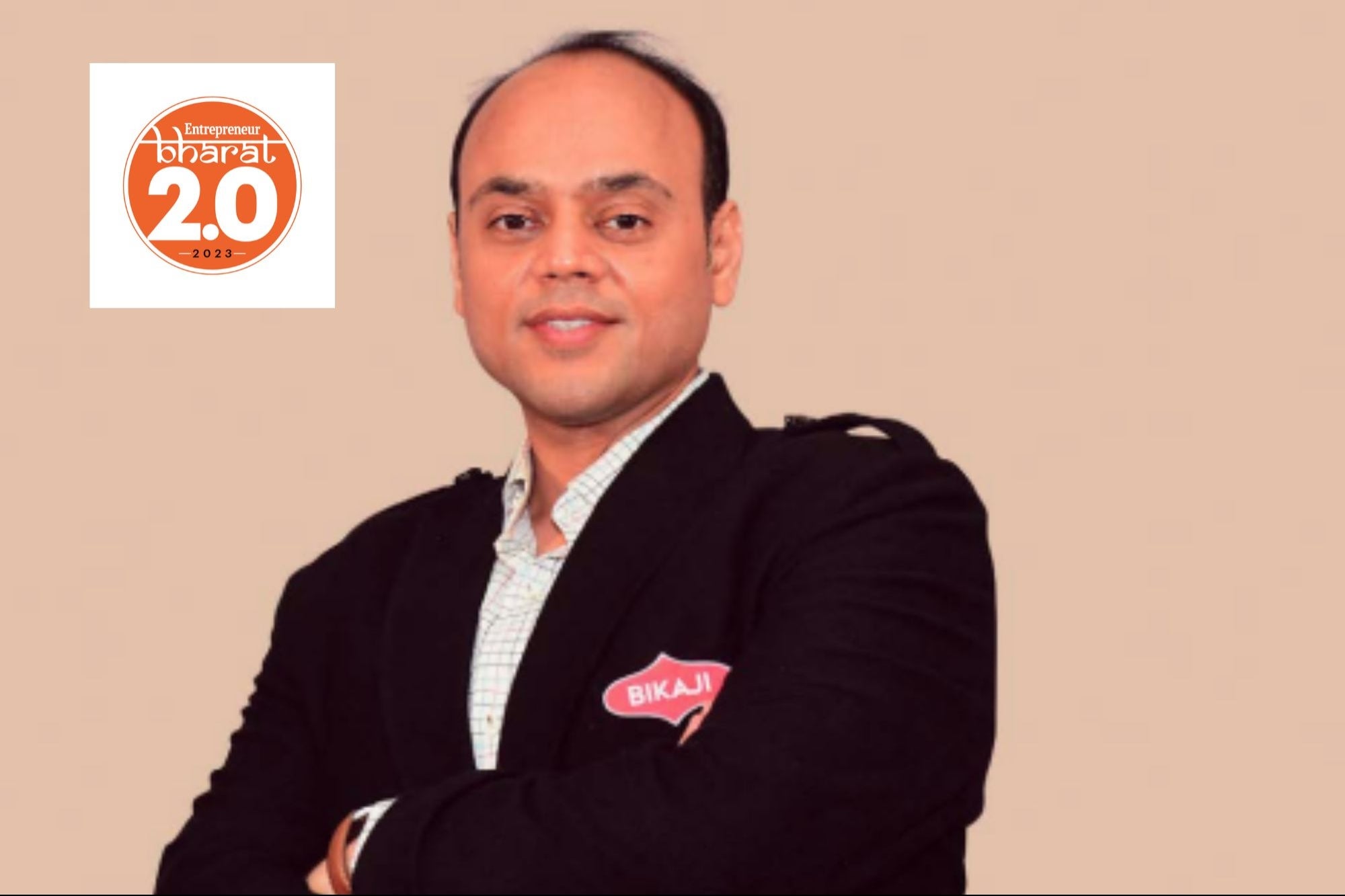Sustainability: How EVs Are Trying To Make a DifferenceIndia emits around three giga tonnes of CO2 and other greenhouse gasses per year. Nearly 25 per cent of this emission occurs due to each and every type of road transport vehicle. Globally, automobile manufacturers have been at the forefront of bringing a shift towards electric vehicles. Experts share their opinion about this transition at Entrepreneur India's Tech and Innovation show
Opinions expressed by Entrepreneur contributors are their own.
You're reading Entrepreneur India, an international franchise of Entrepreneur Media.
有毒的汽油和柴油汽车排放的勒ad to long-term, adverse effects on public health and contribute greatly to greenhouse emissions. Globally, automobile manufacturers have been at the forefront of bringing a shift towards electric vehicles as the emissions impact of electric vehicles is much lower than petrol or diesel vehicles.
"India emits around 3 Giga tonnes of CO2 and other greenhouse gasses per year. Nearly 25 per cent of this emission occurs due to each and every type of road transport vehicle. In order to reduce emitted greenhouse gasses slowly then it should be moved into the Electric vehicles (EV). That's why many vehicle manufacturers are presently manufacturing different types of EVs," said a report by IOP Conference Series: Materials Science and Engineering.
The EV industry comprises the original equipment manufacturers (OEMs), charging infrastructure, finance, among others. So, how are OEMs seeing the evolution of EVs going forward? "We need to do something about road transportation and we cannot wait for the incumbents to make change happen. Startups will have to disrupt and the disruption will happen from the fringe. The future for transportation is all electric, although the source of power could be different," said Amitabh Saran, CEO, Altigreen Propulsion Labs, which develops high-efficiency electric mobility solutions in Last Mile Transport.
The adoption has just started and the total cost of ownership will make the concept take off. "Electric vehicles are much cheaper to own, much cheaper to run and much cheaper to maintain over the course of years. Once this realization kicks in, I think it's going to be an exponential transition to electric vehicles," said Varun Agni, co-founder and CTO, Bounce, a smart urban mobility solution provider.
Fully electric vehicles have zero tailpipe emissions, but even when electricity production is taken into account, petrol or diesel vehicles emit almost three times more carbon dioxide than the average EV. "It will take time for Incumbent players to transition into EVs and I think startups have definitely done a phenomenal job. Customers also believe in the total cost of saving ownership and that is the experience they are getting from the product. In the next couple of years there will be stable experience in the product," said Saurav Kumar, CEO and co-founder, Euler Motors, which is making a fundamental transition in commercial vehicle pollution.
Charging the growing number of EVs in use requires a robust network of stations for both consumers and fleets. There are technological, regulatory frameworks and governance structures needed to facilitate EV charging, along with a step-by-step approach to build out the implementation roadmap. Sharing a similar view, Ram Rajappa, CTO, Greaves Electric Mobility, said, "The government policies are a great push to meet goals for a cleaner planet. In the past six months with the government policies and also new technologies coming in the battery, significant progress has been made in the industry. A lot of new battery technology is coming in with higher charge density like solid states. Different business models will make it more affordable with swap solutions or leasing, and will also be a huge catalyst moving forward."
From battery swapping to EV charging, standardization is important and technology plays a significant role. "I believe scalability is driven by technology and it has an imperative role to play when it comes to cost of ownership," said Amit Singh, founder, TelioEV, a deep tech company with a focus on providing innovative solutions in the electric vehicle, telecommunications and banking sectors.
Over the years, financing in the EV ecosystem has elevated. However, in the nascent stage, the financing ecosystem or the service ecosystems were still developing. "The biggest risk a financer faces is the quality of product. We look at specific use cases and based on it we take the plunge of financing the product. As of now, EV financing is working well in enabling last mile connectivity," said Pankaj Gupta, CEO, Mufin Green Finance, a listed NBFC, dedicated towards green financing.
According to a report by NITI Aayog, to reduce the impact of charging electric vehicles, India is ambitious to achieve about 40 percent cumulative electric power installed capacity from non-fossil fuel-based energy resources by the year 2030. Therefore, electric vehicles are the way forward for Indian transport, and we must switch to them now.
These comments were taken from Entrepreneur India's Tech and Innovation show.













